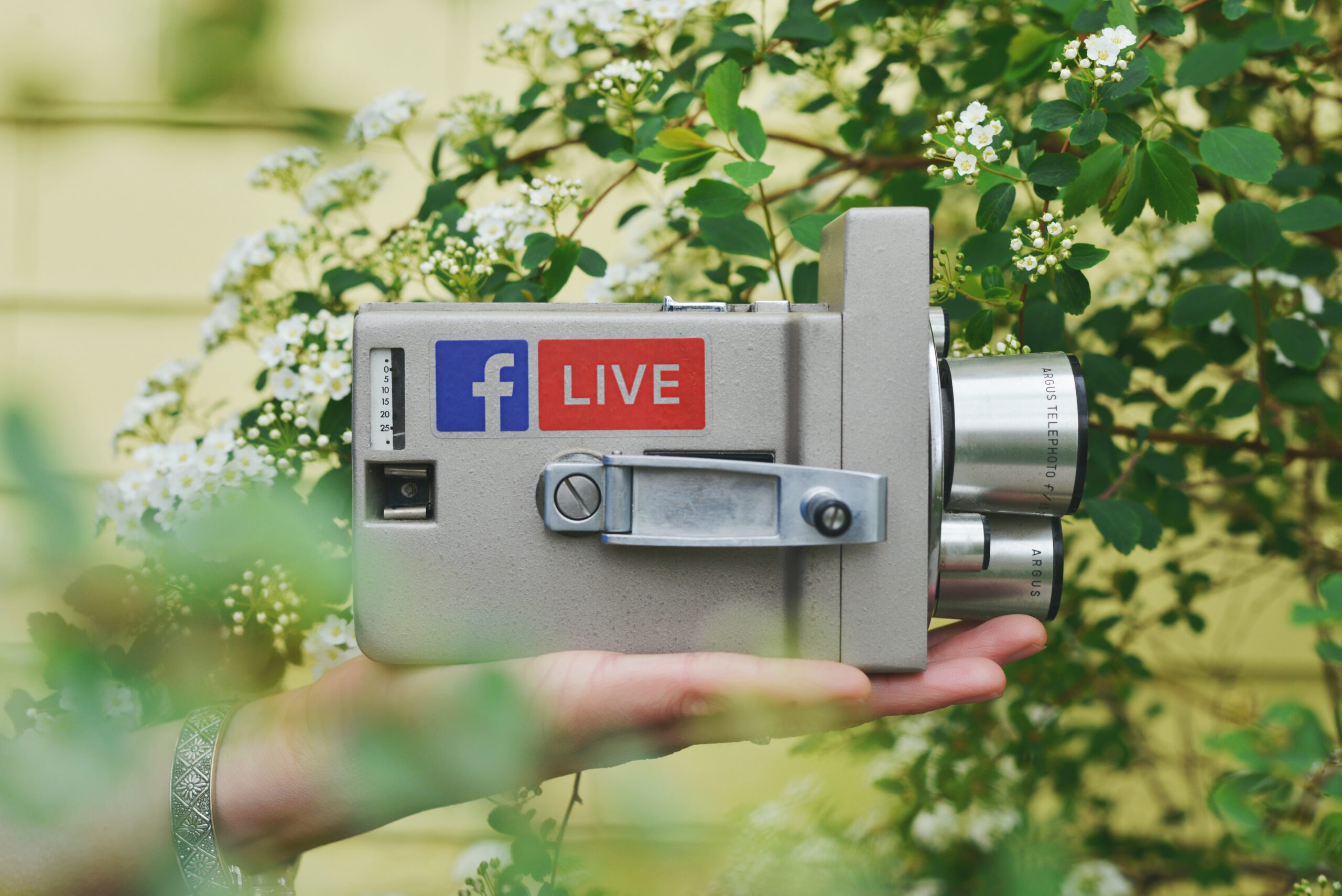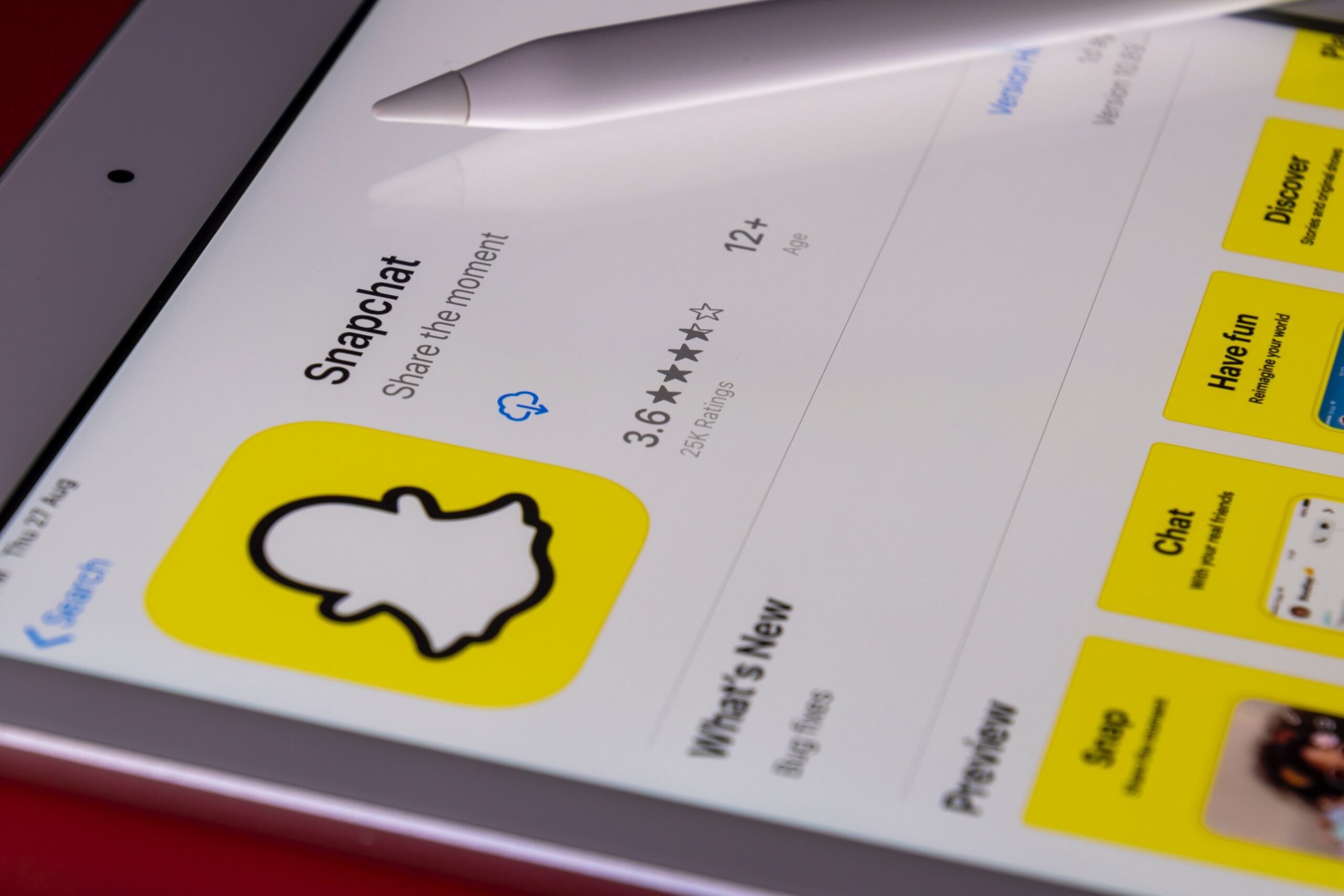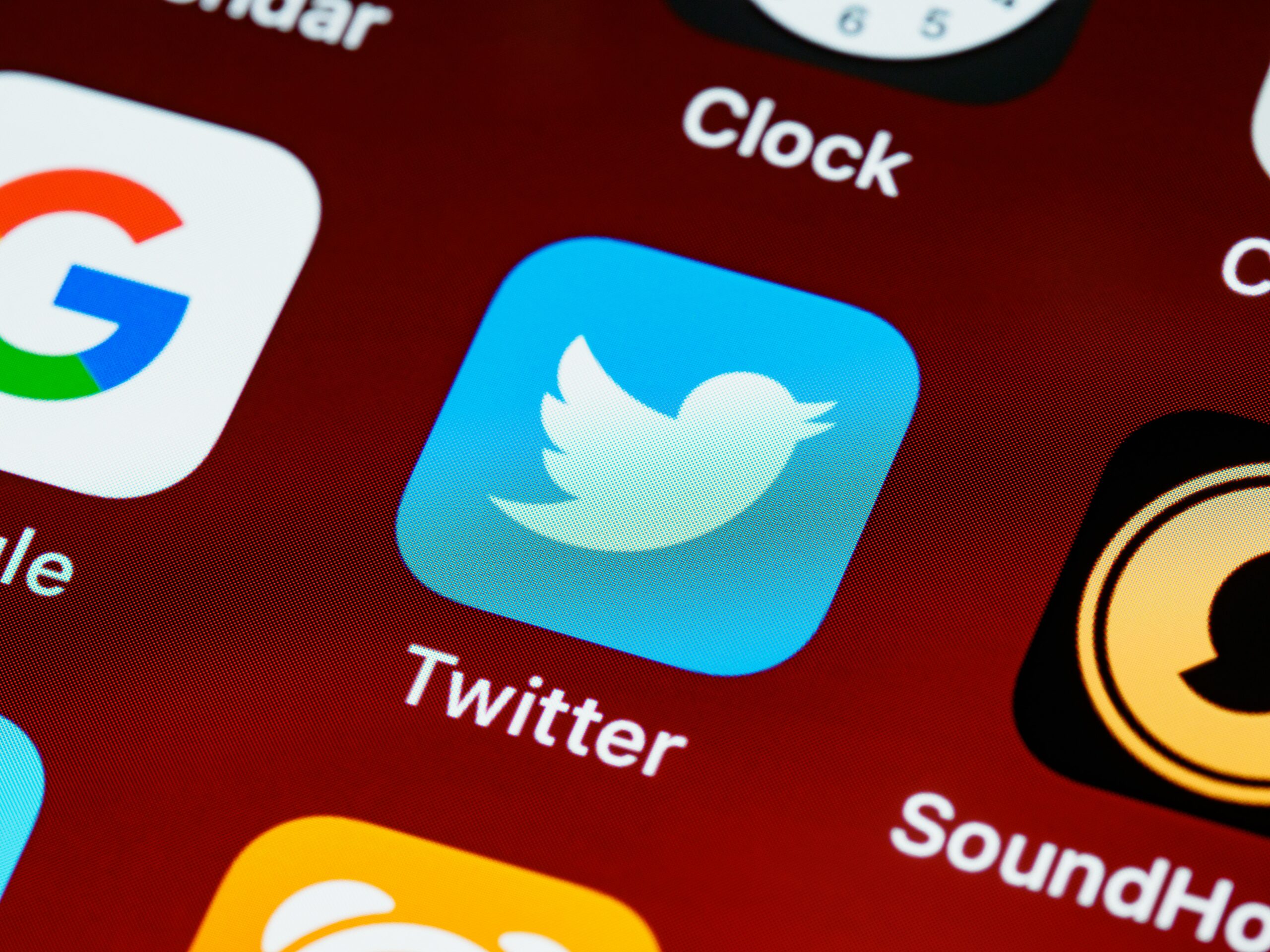Weekly Marketing Feed #20: WhatsApp’s New Privacy Policy Update Faces Resistance

Our weekly report including the latest updates from the Digital Marketing & Social Media world is here!
On this feed, you will learn about WhatsApp’s New Privacy Policy Update, how Facebook Looks to Expand Paid Events Tools, how Snapchat Supports the Asian and Pacific Islander Heritage Month, news about Twitter’s Posting Process and information about Facebook’s Latest Update on Content Removals, Fake Accounts and Hate Speech!
Check out the new updates we found:
1 WhatsApp’s New Privacy Policy Update Faces Resistance in India & Europe

Freepik.com
The roll-out of WhatsApp’s controversial new privacy policy doesn’t appear to be going any better the second time around, with the Indian Government calling on the messaging giant to withdraw the change, and German regulators seeking an EU-wide ban on the update, amid widespread concern around the implications of its new data-sharing processes.
The prompts sparked a major backlash against the app, with many users misinterpreting the change to mean that all of their WhatsApp info, including the content of their private message threads, would be shared with Zuck and Co. direct.
2 Facebook Looks to Expand Paid Events Tools to Host Pay-Per-View Local Sports

unsplash.com
Facebook is looking to expand its paid events feature into minor league and local sports, which would give these smaller competitions more opportunities to generate income, while also bringing more viewers to Facebook, helping to boost its video offerings.
“The social media giant envisions high school sports teams and smaller leagues using the feature that allows users to make money for virtual attendance, and keep ticket profits – for now. And Facebook plans to invest in paid online events, the live-streaming feature that lets you pay for a virtual “ticket” to watch, sort of like pay-per-view on cable.”
Given this, it makes a lot of sense for Facebook to look to expand its paid events tools in this way, and it’ll be interesting to see what sort of sports catalog it can build, and whether that extends to pro-sports leagues, furthering its video offerings.
3 Snapchat Adds New Lenses and Stickers in Support of Asian and Pacific Islander Heritage Month

unsplash.com
Snapchat has added some new creative tools to help users celebrate Asian Pacific Islander Desi American (APIDA) Heritage Month, including themed Lenses, new stickers and more.
“To honor the diversity of APIDA experiences, we teamed up with a number of APIDA creatives including Jiqai Wang, Badal Patel and Rachel Newman to develop a series of “I Am APIDA” Lenses to uplift Snapchatters and encourage them to express themselves and their identities. We’re also releasing additional Lenses, Filters and the APIDA Pride Sticker Pack to allow Snapchatters to celebrate their heritage within the many countries, languages and cultures that make up the APIDA community.”
This is an important consideration for everyone, in showing support for our broader community, and solidarity with API people who may be targeted due to misguided angst. It may not seem like a major thing – adding a sticker or using a Lens in support – but it could be just what somebody you know needs to see in order to feel that they have that connection.
4 Twitter Outlines Changes to Image Posting Process

unsplash.com
This is interesting – earlier this month, Twitter rolled out its updated, full image display format for visuals added to tweets, ensuring that users get the full context in image previews, as opposed to an automatically cropped version.
The update came about as a result of its efforts to address algorithmic bias, not to provide an improved user experience.
5 Facebook Publishes Latest Update on Content Removals, Fake Accounts and Hate Speech

unsplash.com
First off, on enforcement actions – Facebook has shared a complete overview of its various enforcement efforts, which details its progress on detecting and removing rule-breaking posts, including nudity, hate speech and violent content.
What, exactly, ‘prevalence’ represents in this context is not entirely clear. Facebook can only enforce the content that it finds, so while it may say that there’s only been marginal exposure to users, that’s based on what its system discovers, not what it doesn’t. So the numbers could, theoretically, be higher than this – but based on what Facebook’s system has found, it is getting better at combating these key elements.
Facebook, of course, can’t realistically expect to eradicate all instances of such – but the scope of the potential issue is worth noting. Even if Facebook does really well at detecting and removing these offending posts, it’s still facilitating significant distribution of such – and those estimates don’t include unreported content in private groups, messages or WhatsApp.
In addition to this, Facebook also notes that, in Q1, it took action on 8.8 million pieces of bullying and harassment content on Facebook, and 5.5 million instances of bullying and harassment on Instagram.



